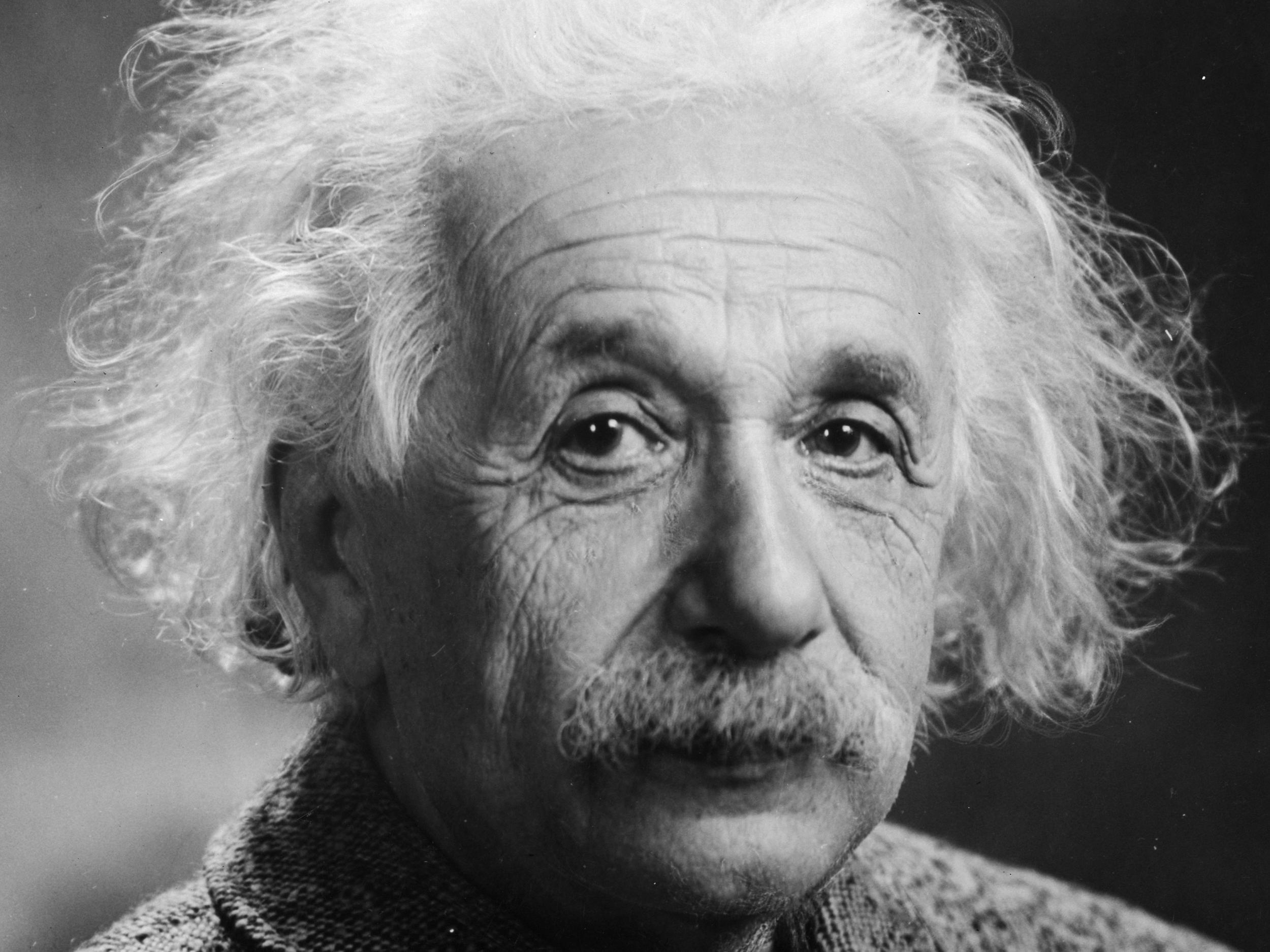Being forgetful isn’t stupid – it helps make smarter decisions, scientists say
'It’s important that the brain forgets irrelevant details and instead focuses on the stuff that's going to help make decisions in the real world'

Your support helps us to tell the story
From reproductive rights to climate change to Big Tech, The Independent is on the ground when the story is developing. Whether it's investigating the financials of Elon Musk's pro-Trump PAC or producing our latest documentary, 'The A Word', which shines a light on the American women fighting for reproductive rights, we know how important it is to parse out the facts from the messaging.
At such a critical moment in US history, we need reporters on the ground. Your donation allows us to keep sending journalists to speak to both sides of the story.
The Independent is trusted by Americans across the entire political spectrum. And unlike many other quality news outlets, we choose not to lock Americans out of our reporting and analysis with paywalls. We believe quality journalism should be available to everyone, paid for by those who can afford it.
Your support makes all the difference.The ‘absent-minded professor’ is a stereotype that dates back to Ancient Greece with the philosopher Thales of Miletus reportedly so focused on surveying the night sky that he fell down a well. Even one of the world's greatest minds, Albert Einstein, was considered an example by some.
This combination of intelligence and forgetfulness has long puzzled neuroscientists as a bad memory was seen as a failure of the brain’s mechanism for storing and retrieving information.
But a new paper in the journal Neuron, based on a review of research into the subject, has concluded that forgetting is actually a key part of learning.
In fact, the purpose of our ‘memory’ is not to remember facts, but to help making intelligent decisions by retaining only valuable information.
So the brain is not malfunctioning when it forgets something, it may have been actively trying to ditch the memory so it can focus on something more important or create a picture that is easier to understand.
One of the authors of the paper, Professor Blake Richards, of Toronto University, said: “It’s important that the brain forgets irrelevant details and instead focuses on the stuff that's going to help make decisions in the real world.
“If you're trying to navigate the world and your brain is constantly bringing up multiple conflicting memories, that makes it harder for you to make an informed decision.”
What information is discarded depends on the situation.
“One of the things that distinguishes an environment where you're going to want to remember stuff versus an environment where you want to forget stuff is this question of how consistent the environment is and how likely things are to come back into your life,” Professor Richards said.
For example, someone like a supermarket cashier who meets many people every day will probably only remember them for a short time, while a barista working from their own coffee van would start to remember the regulars.
The paper in Neuron said the “predominant focus” in the study of memory had been on remembering or ‘persistence’.
“However, recent studies have considered the neurobiology of forgetting (transience),” the paper said.
“We propose that it is the interaction between persistence and transience that allows for intelligent decision-making in dynamic, noisy environments.
“Specifically, we argue that transience enhances flexibility, by reducing the influence of outdated information on memory-guided decision-making, and prevents over-fitting to specific past events, thereby promoting generalization.
“According to this view, the goal of memory is not the transmission of information through time, per se.
“Rather, the goal of memory is to optimise decision-making. As such, transience is as important as persistence in mnemonic [memory] systems.”
Join our commenting forum
Join thought-provoking conversations, follow other Independent readers and see their replies
Comments